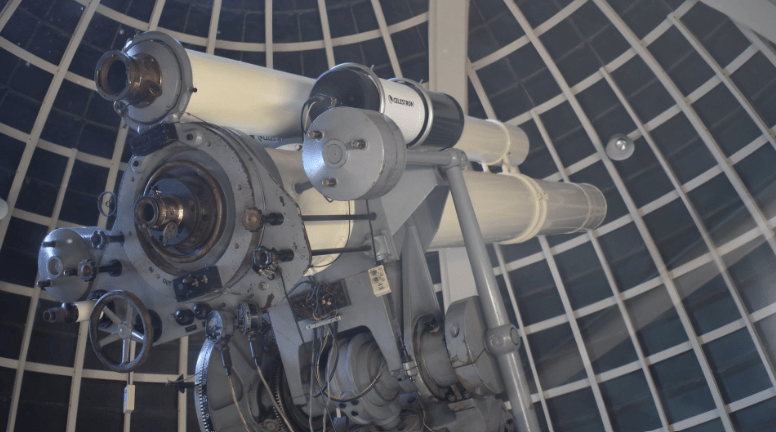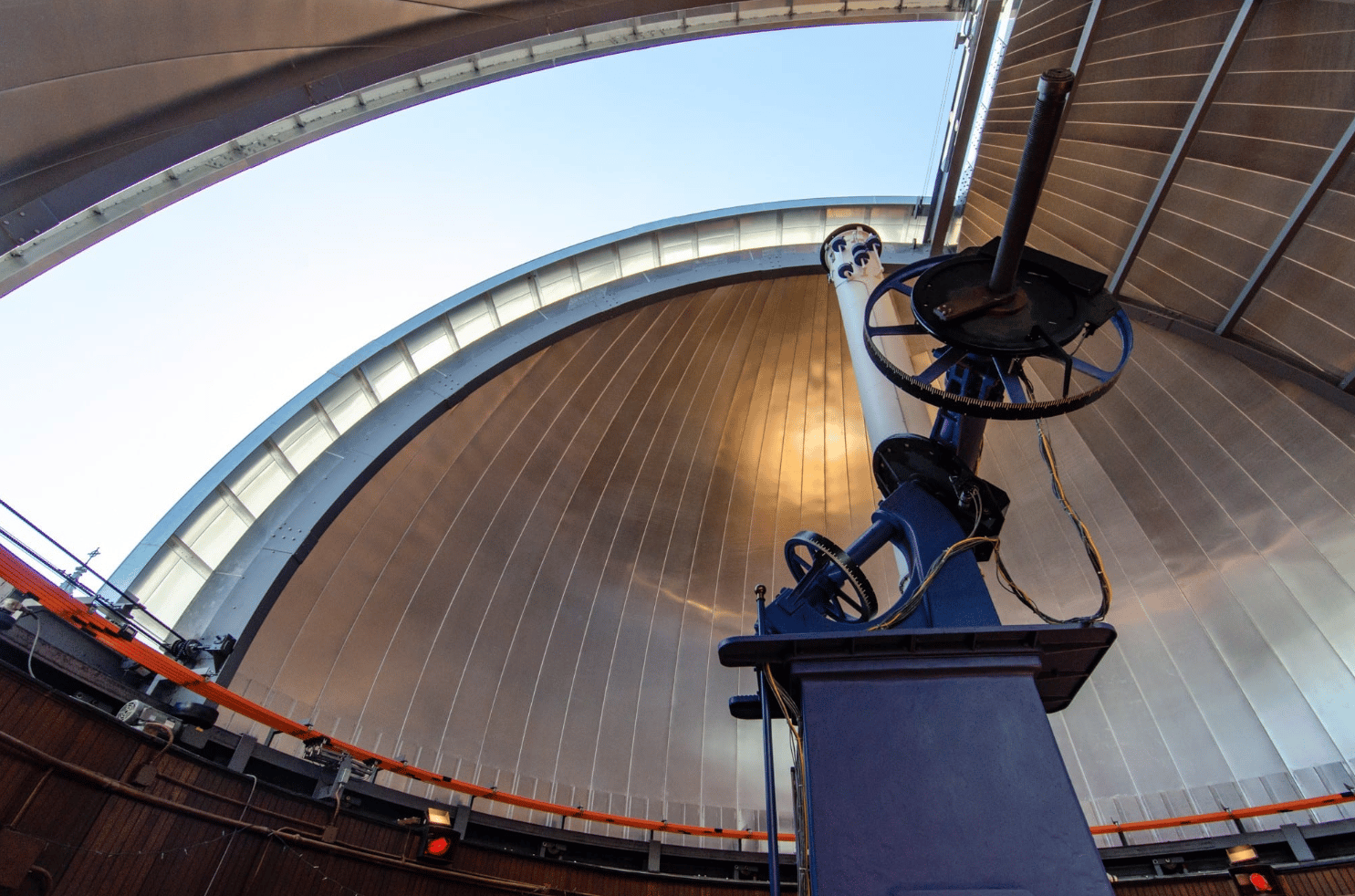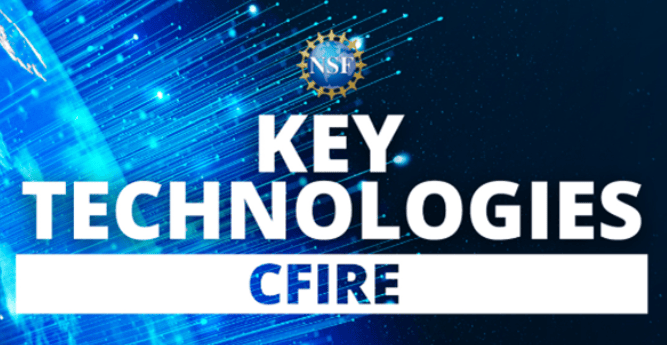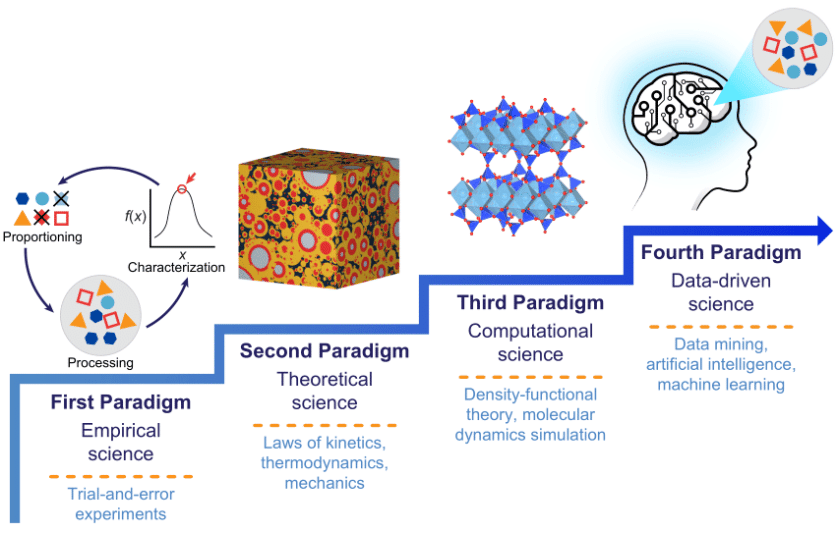- That Black Chemist
- Posts
- Earn Over $6,000 doing Astrophysics at Northwestern this Summer
Earn Over $6,000 doing Astrophysics at Northwestern this Summer
Northwestern’s Center for Interdisciplinary Exploration and Research in Astrophysics (CIERA) offers undergraduates a 9-week summer program to study black holes, galaxies, and gravitational waves while gaining hands-on research and professional development.


What’s Happening Today!
Welcome to a new & exciting daily drop from That Black Chemist!
Northwestern University’s Center for Interdisciplinary Exploration and Research in Astrophysics (CIERA) is inviting undergraduates to dive deep into the universe this summer through its REU program. Students will spend 9 weeks tackling projects in areas like black hole physics, galaxy evolution, and gravitational waves while working side by side with leading astrophysicists to build code and analyze data.
Meanwhile, the NSF just announced a $32 million investment in cell-free biotechnology, fueling research centers across the U.S. to develop faster, safer, and more flexible bio-manufacturing. Instead of relying on living cells, cell-free systems harness biological machinery directly, paving the way for innovations in medicine, energy, and sustainable materials.
Thanks for staying around for another awesome week of internship, scholarship, and research information from That Black Chemist!
Upcoming Opportunities

🪐 Explore Interdisciplinary Astrophysics at Northwestern University
Northwestern’s Center for Interdisciplinary Exploration and Research in Astrophysics (CIERA) hosts a 9-week NSF-funded REU program where undergraduates conduct astrophysics-based research that bridges astronomy, physics, engineering, computer science, planetary science, and more. Students gain hands-on experience with high-performance computing, observational astronomy, and instrumentation while working alongside top faculty and participating in professional development, outreach, and networking events in the Chicago area.
📅 Program Details:
Duration: 9 weeks (Summer)
Location: Northwestern University, Evanston, IL
Stipend: $6,300 + housing + travel support + funding to present at AAS
Link: [Register here]
✅ Eligibility
Open to U.S. undergraduates in astronomy, physics, math, engineering, chemistry, computer science, Earth & planetary sciences, and related fields.
⚠️ Bonus Opportunities You Should Know
🧪 NSF REU Summer Research Programs: List of funded undergrad research programs. (Search here)
🎓 Pathways to Science: List of paid internships and research opportunities for high school, undergraduate, and graduate students. (Search here)
💰 NASA OSTEM Internships: List of NASA Internships for high school and undergraduate STEM students (More info).
🧠 NASA Pathways Internship: Multi-semester internship involving different career paths at NASA (Link).
🌍 International Opportunities
🧲 Pathways to Science: List of upcoming internships, scholarships, and research programs hosted by the U.S. [open to international students]. (Search here)
🔬 Amgen Scholars Program: Prestigious summer research program for undergraduate students in the U.S., Europe, or Asia. (More info)
⚛️ European Organization for Nuclear Research (CERN): Search for any upcoming internships related to chemistry, physics, engineering, or data science! (Link here)
📤 Share This with a Friend in Need!
Like What You See? Subscribe for More Daily Content!
Scientist’s Scroll

🧬 NSF Invests $32M to Advance Cell-Free Biotechnology
The U.S. National Science Foundation (NSF) is funding four research teams with $32.4 million through its new CFIRE initiative, aimed at reducing the cost and expanding the applications of cell-free systems. Unlike traditional cell-based bioreactors, cell-free systems can carry out biochemical processes more rapidly, flexibly, and with greater precision—offering potential breakthroughs in pharmaceuticals, biomanufacturing, bioelectrochemistry, and agrochemicals.
By addressing cost barriers, setting standards for reproducibility, and developing scalable applications, CFIRE seeks to accelerate adoption of this technology and strengthen the U.S. bioeconomy.
Tip of the Day

🧮 Theory or Code? Choosing Between Theoretical and Computational Science
Both theoretical and computational science push the boundaries of discovery but they use different tools to tackle problems. Here’s how to know the difference and when to lean on each:
Theoretical Science: Works with equations, proofs, and abstract models. Great for simplifying complex systems into elegant frameworks like deriving Schrödinger’s equation or predicting particle interactions before experiments.
Computational Science: Uses algorithms, simulations, and numerical methods to solve problems too messy for pure math like modeling galaxy formation, protein folding, or climate dynamics.
When to Go Theoretical: If the problem can be captured by a clean equation or symmetry, theory gives sharper insights and general rules.
When to Go Computational: If the system is too complex, nonlinear, or data-heavy, computation turns “unsolvable” equations into usable predictions.
Subscribe to explore daily research opportunities!
Today’s Theme: Fact or Fiction Friday

Congratulations on making it through the work week! Ready to test your science savvy?
👇🏾 Vote if you think the statement below is fact or fiction and tell us why in the comments!
Statement: Gravity comes from masses inducing a curvature in spacetime around it.
📩 Like this post? Share it with a friend!
🤔 Got a news article or tip to share? Reply and I might feature it!
💰 Donate to support my project: ko-fi.com/thatblackchemist
📅 Subscribe to ‘That Black Chemist’ for more daily posts!
Recommended Newsletters
Thanks for Reading to the End!
If you enjoyed this article, you’ll enjoy these newsletters too!
|
|
|
|




Reply